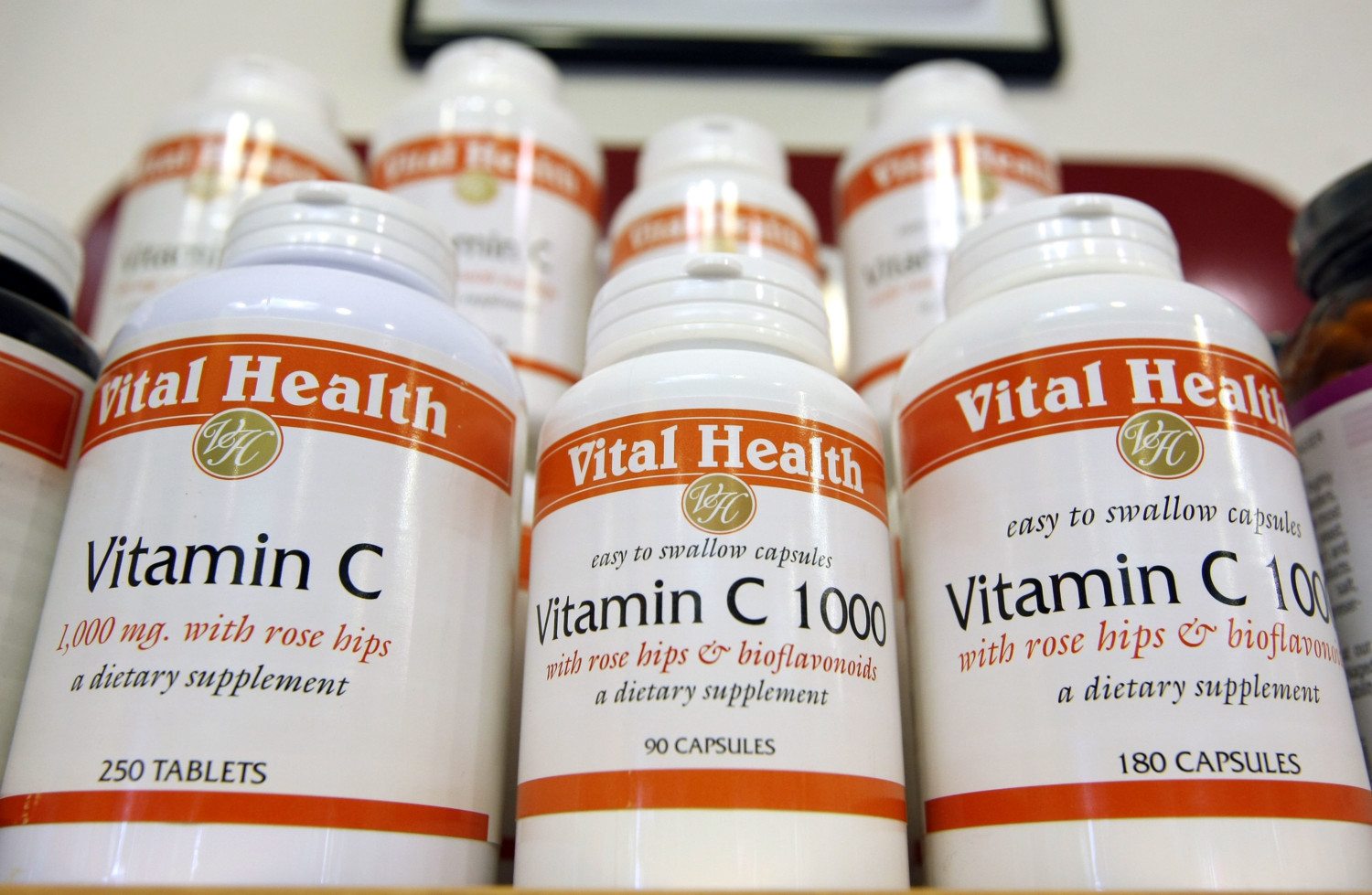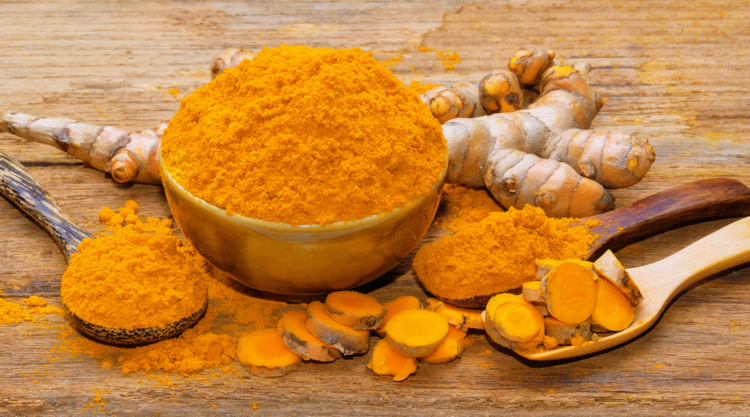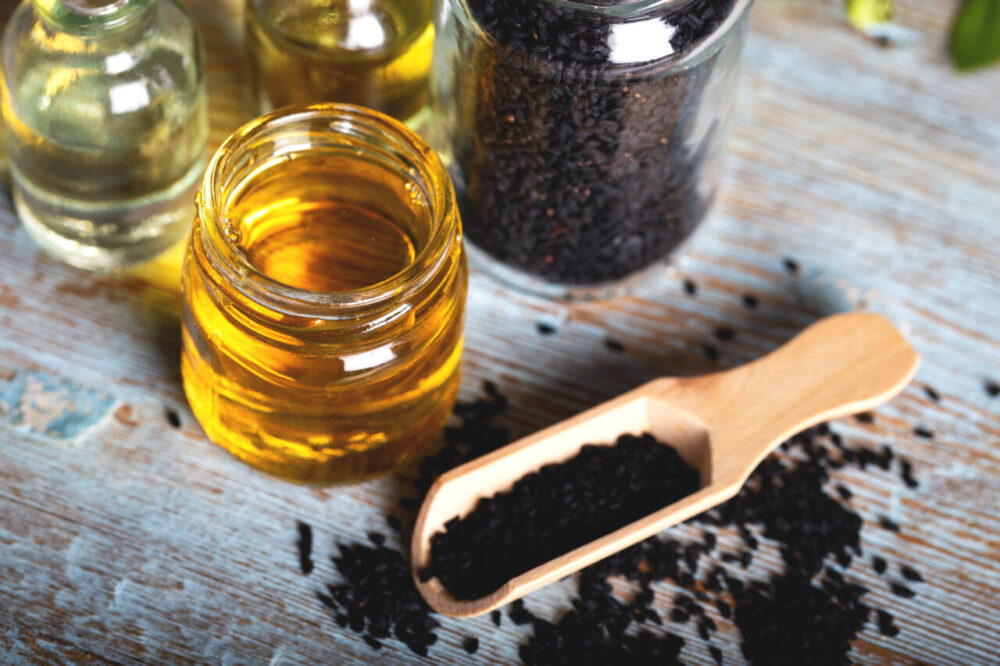Do Vitamins Actually Have Any Real Health Benefits?
The vitamin and supplement industry is a massive one. It was worth a whopping $19.7 billion in 2015, and is projected to top $37 billion by 2024. Multivitamins, calcium chews, gummy vites, protein powders—the list goes on and on. But do these vitamins actually help you stay healthy? Do they really give you all the nutrition you need?
Experts say probably not. And there are even some dangers that can come from taking vitamins in the first place.
When Should You Take A Vitamin?
There are a few instances in which popping one a day can actually be beneficial for your health. If you’re a vegetarian or a vegan, you probably need a B12 booster, since that’s a vitamin only found in animal protein. Pregnant women need a ton of folic acid. Calcium is crucial for older women who are at higher risk for osteoporosis.
Federal health officials also recommend multivitamins for people with restricted diets, such as picky eaters and those suffering from eating disorders.
But if you’re healthy and eating a balanced diet, chances are vitamins aren’t going to do a thing for you. And if you’re unhealthy—smoking and drinking heavily, subsisting on gas station Slim Jims—they probably can’t do much to reverse that damage.
“Multivitamins are often promoted as a nutritional backup for less-than-ideal diets, and many people believe that multivitamins supply all the vitamins and minerals that they need for health and wellness,” writes Dr. Eliseo Guallar, a professor of epidemiology and medicine at Johns Hopkins University, for the Wall Street Journal. “Multivitamins are ineffective. At best, they are unnecessary. At worst, they can be counterproductive.”
There’s no clear evidence that a daily multivitamin can make a significant change in your overall health, writes Dr. Guallar. A balanced diet is infinitely more effective than taking vitamins, and although that might be out of reach for many Americans, the beneficial effects of popping pills are inconsistent and inconclusive.
Why Are The Benefits of Multivitamins So Inconclusive?
One big issue is that the FDA can’t regulate the supplement industry. That means vitamins can profess to do everything from strengthen your nails to cure cancer…and there’s doesn’t have to be any proof behind it. So, many nutritionists are leery of these cure-all vitamins. The same goes for those that claim to boost your metabolism.
Most nutritionists say they tell their patients to ignore the vitamin and supplement industry as a whole. After all, even though Americans aren’t the healthiest of eaters, it’s not like we’re all running around with rickets and scurvy.
And you don’t have to be a kale-chomping representative for the superfood coalition to be considered relatively healthy by modern standards. You’re probably already pretty healthy, even if you did have Cap’n Crunch for breakfast.
“There is virtually no evidence that they make healthy people healthier,” author and nutritionist Marion Nestle told Mother Jones in an interview. Nestle, who is the Paulette Goddard Professor of Nutrition, Food Studies, and Public Health at New York University and a visiting professor of Nutritional Sciences at Cornell University, says vitamin deficiency is incredibly rare in the United States.
Most people, Nestle says, “will have adequate nutrient intake from whatever they are eating,” even if it’s not what Gwenyth Paltrow recommends. And you should never try and diagnose yourself with a vitamin deficiency. If you think you’re not getting enough B-12 in your diet, talk to your doctor first. Vitamin overdoses are a very real thing, and you can do irreparable damage to your system if you’re not careful.
What’s The Deal With Gummy Vitamins?
Speaking of vitamin overdoses, let’s talk about gummy vitamins. They’re the ideal alternative to swallowing chalky horse pills, and they’re fun. But are these an even worse option than your regular, old multi?
Well, maybe. These gummy supplements aren’t regulated by the FDA (sound familiar?), so they can make outsized claims about the contents of the chew without any evidence to back it up. This could mean that your gummy vitamins actually contain less of the nutrients they claim to have or, in some cases, more.
In a 2015 analysis of 60 common multivitamins, ConsumerLab.com found one specific children’s gummy vitamin that vastly exceeded the upper daily limits of vitamin A and zinc.
And as for the opposite case: “The desire for companies to make them taste more like candy makes it harder to pack [an effective amount of] vitamins and minerals into the gummies,” Miami-based nutritionist Christy Maskeroni told Teen Vogue. When companies have to take the sugar-to-nutrient ratio into consideration, but don’t have to worry about the efficacy of their product being challenged, the scale will often swing in the favor of tasty ingredients, not actual vitamins.
Also, those gummies are sweet and sticky—AKA bad news for your enamel. If you do take them, make sure you’re brushing and flossing directly afterwards so you don’t end up with a mouthful of cavities.
Overall, you can probably steer clear of multivitamins. Unless your doctor has specifically recommended a supplement to you for medical reasons, you’re throwing your money away. You’d be better served taking whatever you’d spend on a bottle of pills and using it to buy a salad. Besides, it tastes better anyway.








